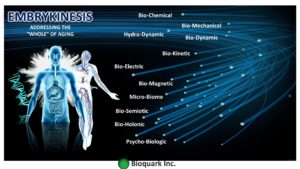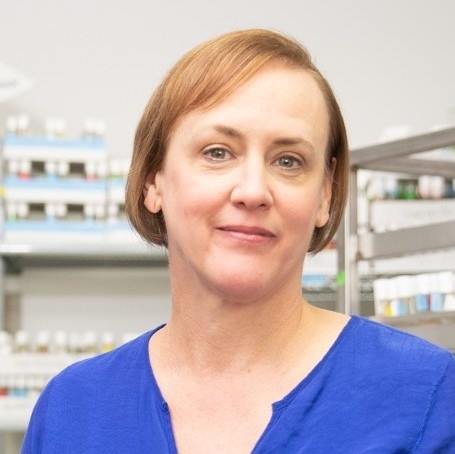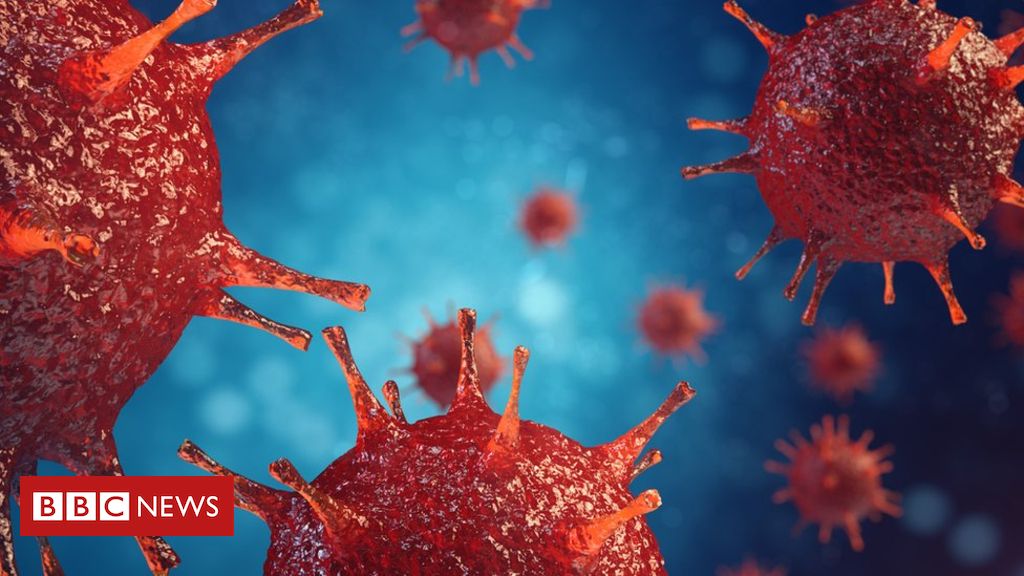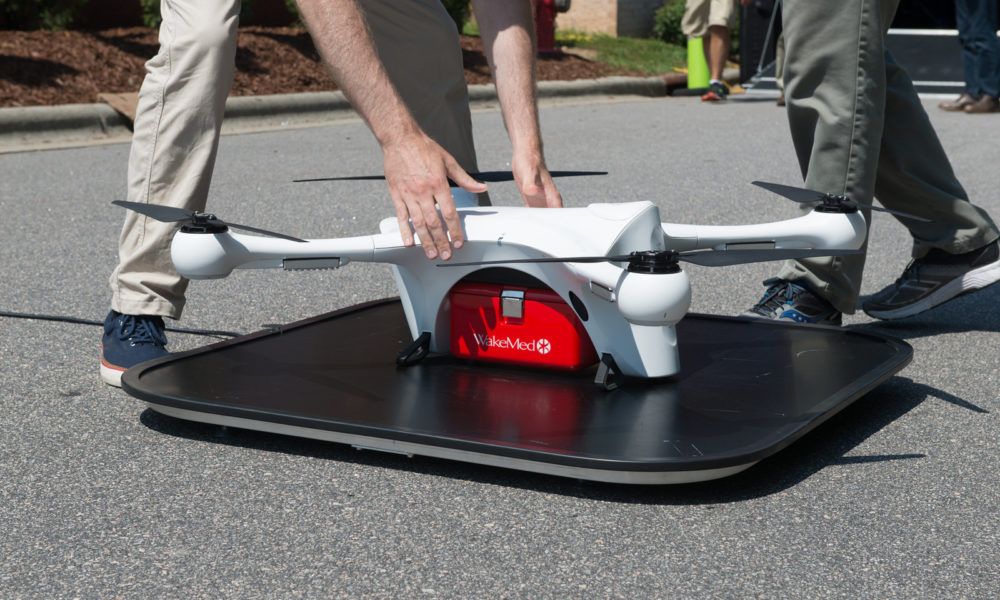Nov 22, 2018
Dual-Action Antibody Might Improve Immunotherapy Outcomes
Posted by Nicola Bagalà in categories: bioengineering, biotech/medical
In a study published in the journal Immunology, Southampton University researchers have shown that a new antibody that they have engineered is able to combine two different anticancer approaches: depleting regulatory T cells and activating killer T cells [1].
Abstract
The costimulatory receptor 4-1BB is expressed on activated immune cells, including activated T cells. Antibodies targeting 4-1BB enhance the proliferation and survival of antigen-stimulated T cells in vitro and promote CD8 T cell-dependent anti-tumor immunity in pre-clinical cancer models. We found that T regulatory (Treg) cells infiltrating human or murine tumors expressed high amounts of 4-1BB. Intra-tumoral Treg cells were preferentially depleted by anti-4-1BB mAbs in vivo. Anti-4-1BB mAbs also promoted effector T cell agonism to promote tumor rejection. These distinct mechanisms were competitive and dependent on antibody isotype and FcgR availability. Administration of anti-4-1BB IgG2a, which preferentially depletes Treg cells, followed by either agonistic anti-4-1BB IgG1 or anti-PD-1 mAb augmented anti-tumor responses in multiple solid tumor models.
Continue reading “Dual-Action Antibody Might Improve Immunotherapy Outcomes” »
















